Achieve more with the Neuroscience for Clinicians -Brain Change for Stress, Anxiety, Trauma, Moods and Substance Abuse – Sherrie All course, priced at just Original price was: $219.99.$61.00Current price is: $61.00. on GBESY.biz! Explore our extensive collection of over 60,000 downloadable courses in Health and Medical. We offer professional, self-paced digital education at up to 80% off original rates. Start transforming your expertise now!
Neuroscience for Clinicians -Brain Change for Stress, Anxiety, Trauma, Moods and Substance Abuse by Sherrie All,
Salepage link: At HERE. Archive:
- Faculty:
- Sherrie All
- Duration:
- 6 Hours 17 Minutes
- Format:
- Audio and Video
- Copyright:
- May 21, 2020
Description
Neuroscience has given us incredible insights into the workings of the brain and its connection to our mental health. Recent research reveals that neuroplasticity takes place all through life, so you can offer hope for real change no matter how long your client has suffered.
This recording will connect complicated science with your clinical practice, and transform how you view and work with traumatized, stressed, addicted, anxious and depressed clients!
Discover how and where neuroplasticity occurs, and ways to use it therapeutically. Participate in enjoyable learning experiences that provide you with the clear principles and background you need for utilizing neuroscience in your work. Draw on multiple modalities to overcome resistance, activate creative responses, and turn problems into potentials. Add new dimensions to each therapy session and initiate change using top-down, bottom-up, and horizontal methods that can be creatively individualized.
Finish this program feeling confident in bringing the latest findings from neuroscience into your treatments!
Handouts
| Manual – Neuroscience for Clinicians (13.1 MB) | 101 Pages | Available after Purchase |
Outline
Tour through the Brain: What clinicians need to know from neurons to structures, to pathways, to networks
- Feel your neurons activate
- See brain structures in 3-D
- Experience how the brain processes top-down, bottom-up, and horizontal
- Actively engage your brain structures for change
- Work with implicit and explicit memories
- Learn how to rebalance key pathways with your interventions:
- Pain Pathway
- Reward Pathway
- Fear-Stress Pathway
Nervous System Networks and the Social Brain: We are wired for attunement
- Default Mode (DMN) and Task Mode Networks (TMN)
- Healing attachment
- Activate mirror neurons bottom-up
Neuroplasticity and Neurogenesis: How the brain can change
- Three timeframes for change
- Neuroplasticity at the synapse
- How to foster neuroplasticity in clients
- Neuroplasticity in action: Exercise your brain!
Practice the Interventions for Healing: Bottom-up, top-down, and horizontal
- Sensory Awareness
- Meditation and Mindfulness
- Body Work
- Unconscious and the DMN
- Experience and activate the direct Mind-Body link
Integrate the Brain into Treatments
- Stress
- How stress alters the nervous system
- Calm the stress/fear pathway
- Develop alert/relaxed attention for better coping
- Trauma
- Develop security through self-soothing methods
- Foster confidence with yoga body positioning
- Extinguish traumatic memories
- Reconsolidate implicit memories
- Anxiety
- The anxious brain reaction
- Work top down/bottom up/horizontally
- Calm the limbic system bottom up with movement
- Soothe the insula through meditative sensory awareness
- Deconstruct sensations mindfully
- Balance the nervous system
- Substance Abuse
- Brain areas involved in addictions
- Rewire the reward pathway
- Detach form pleasure and pain
- Activate the parietal lobes for sensory relaxation and enjoyment
- Develop prefrontal connections for better judgment
- Depression
- The depressed brain pattern
- Activate an under-activated nervous system with yoga postures and energy meditations
- Regulate the limbic system by activating links to prefrontal cortex and cingulate gyrus with mindfulness turned outward
- Practice the 4-step method to overcome negative self-suggestions
- Unify real and ideal
- Foster joyful relationship through mirror neurons
- Develop compassion and gratitude
6 Principles for Incorporating the Brain into your Therapy
Faculty
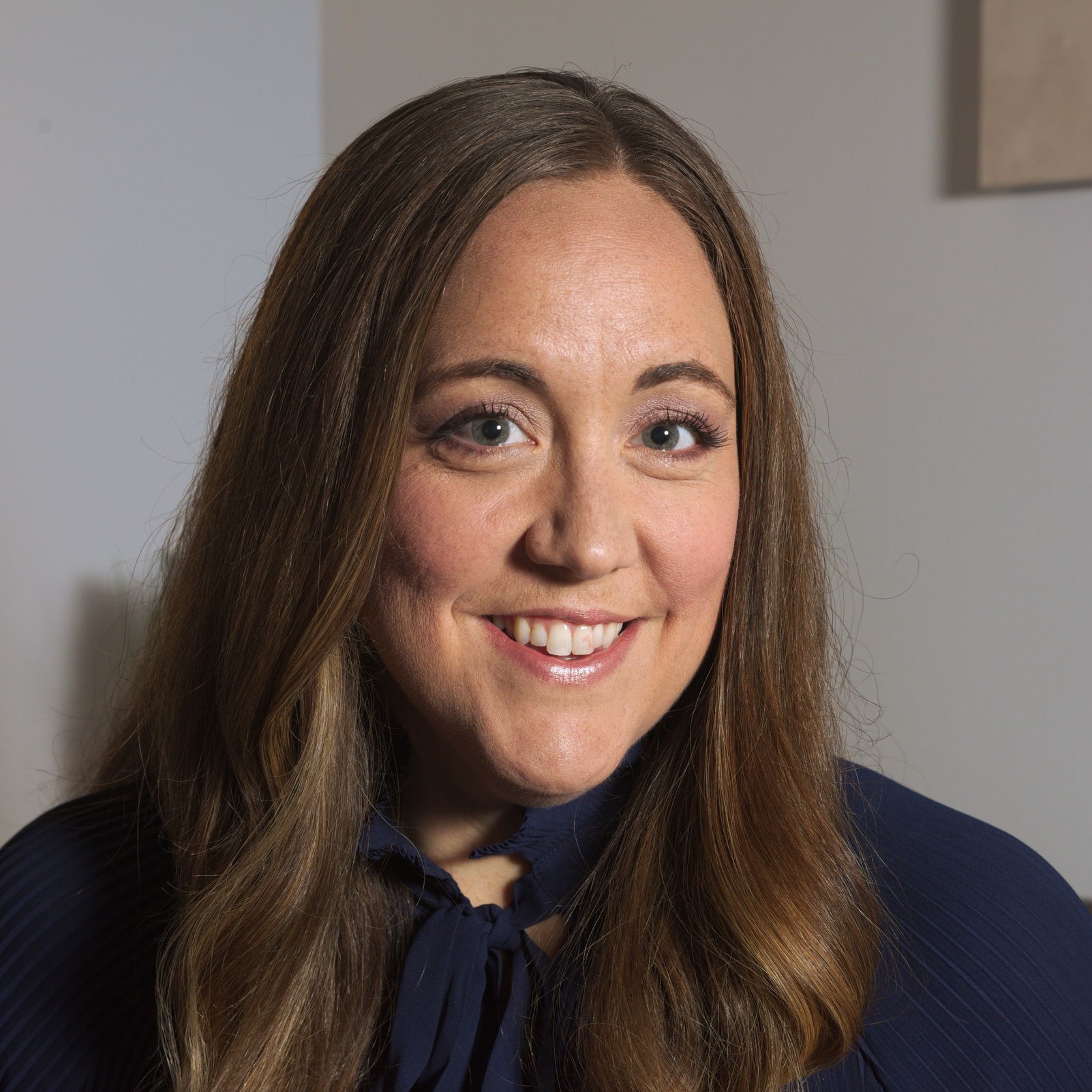
Sherrie All, Ph.D. Related seminars and products: 5
Chicago Center for Cognitive Wellness
Sherrie All, PhD., is a Licensed Clinical Psychologist specializing in neuropsychology, cognitive rehabilitation and brain health. She owns and directs the Chicago Center for Cognitive Wellness (CCCW), a group neuropsychology practice offering assessment and treatment services in cognitive rehabilitation and psychotherapy to people affected by cognitive decline. As a leader in the field of brain health, Dr. All works to educate the public on brain-healthy behaviors and innovating brain health coaching. Her work in this area earned her the 2010 Sharpbrains Innovation Award for Most Innovative Mental Health Program as well as the attention of media outlets such as The New Yorker and Crain’s Chicago Business.
Dr. All trains other professionals in how to implement cognitive rehabilitation interventions into their practice, through continuing education programs, supervision and individual consultations. She shares her detailed understanding of the brain and brain-behavior relationships in an engaging and relatable way. Dr. All’s forthcoming book and current keynote address, “Brain Destiny: Everyday Choices to Lower Your Risk for Dementia and Change Your Life”, offers an entertaining way of promoting a popular understanding of the scientific theory of cognitive reserve to empower people to effectively care for their brains. She has been an invited speaker by the Lifetime Education and Renewal Network (LEARN) of the American Society on Aging (ASA) and speaks regularly on the topics of brain health, cognitive rehabilitation and interventions for early-stage dementia. Dr. All’s research includes examination of functional MRI (fMRI) and electrophysiological (EEG) biomarkers of cognitive deficits.
Speaker Disclosures:
Financial: Sherrie All is the owner of the Chicago Center for Cognitive Wellness. She receives a speaking honorarium from PESI, Inc.
Non-financial: Sherrie All has no relevant non-financial relationship to disclose.
Invest in endless knowledge with the Neuroscience for Clinicians -Brain Change for Stress, Anxiety, Trauma, Moods and Substance Abuse – Sherrie All course at GBESY.biz! Gain lifetime access to premium digital content designed to fuel your professional and personal growth.
- Lifetime Access: Unrestricted, permanent access to your purchased courses.
- Unbeatable Value: Save significantly with prices up to 80% less than direct purchases.
- Protected Payments: Complete your transactions securely.
- Empowering Skills: Learn practical, in-demand skills for immediate application.
- Immediate Download: Access your course content instantly after purchase.
- Any Device, Anywhere: Study on your preferred device with full flexibility.
Discover your next opportunity with GBESY.biz!
![GBesy [GB] GBesy [GB]](https://gbesy.biz/wp-content/uploads/2023/05/gbesy-Logo-full-100.png)
![GBesy [GB] GBesy [GB]](https://www.gbesy.com/wp-content/uploads/2023/05/gbesy-Logo-full-100.png)
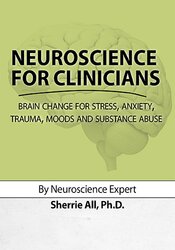


 Purchase this course you will earn
Purchase this course you will earn 
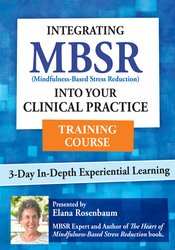

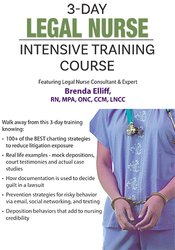


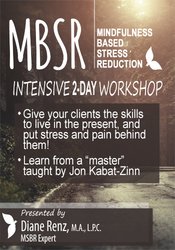
Reviews
There are no reviews yet.